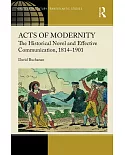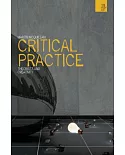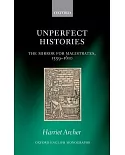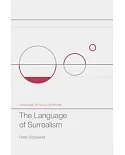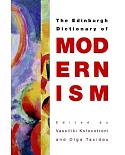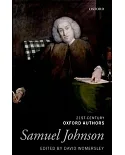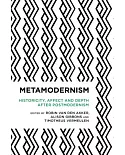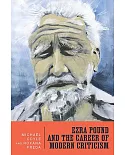Reputed to be a conservative group, the Nobel Prize committee astonished the world in 1985 by giving its prize to Claude Simon, one of the most adventurous and challenging of modern
authors whose writing defies easy classification. This study shows exactly how inventive and challenging he is.
Simon’s works run the gamut from first-person narratives to narratives without a stable perspective. His novels deal with minute details of the grand stages of history—world war, for
instance—and with the historical dimensions of everyday life. Mária Minich Brewer demonstrates that Simon has reformulated the standard forms of fiction to expose the logic of narrative, a
complex and powerful legacy populated with stereotypes too easily accepted as natural. Her book brings into focus the cultural legacies embedded in narrative as well as the narrative
dimensions of culture and history.
Simon has voiced suspicion of narrative order. He never underestimates, however, either its pervasiveness or its powers. In his novels, he never dismisses narrative order as being “merely” a
matter of formal conventions. On the contrary, he reveals narrative representation to be a powerful agent of some of the most violent events to which an individual is subject.




